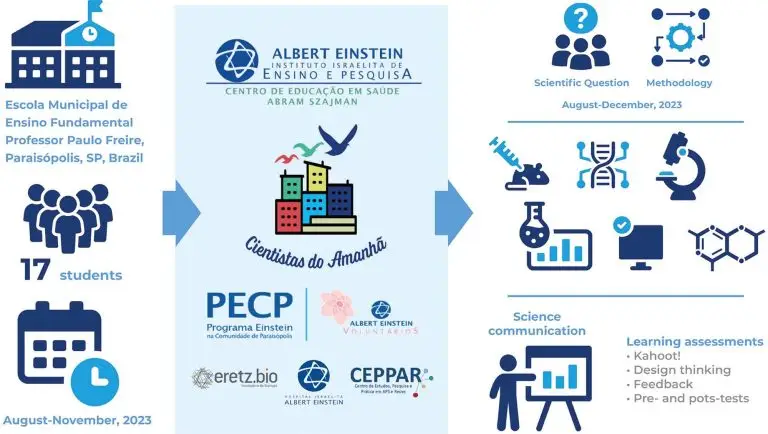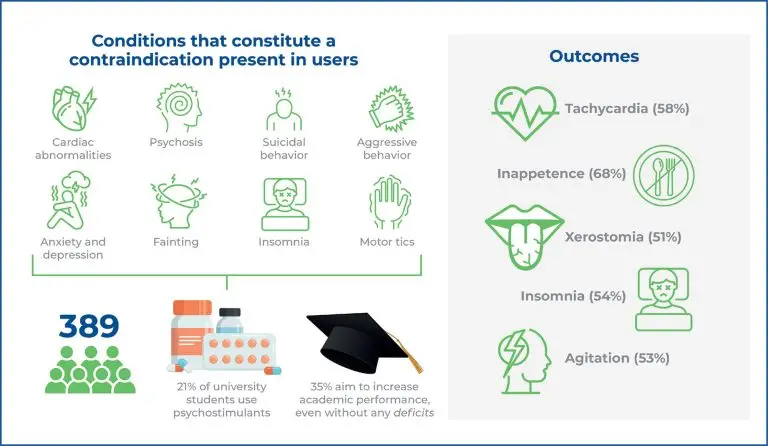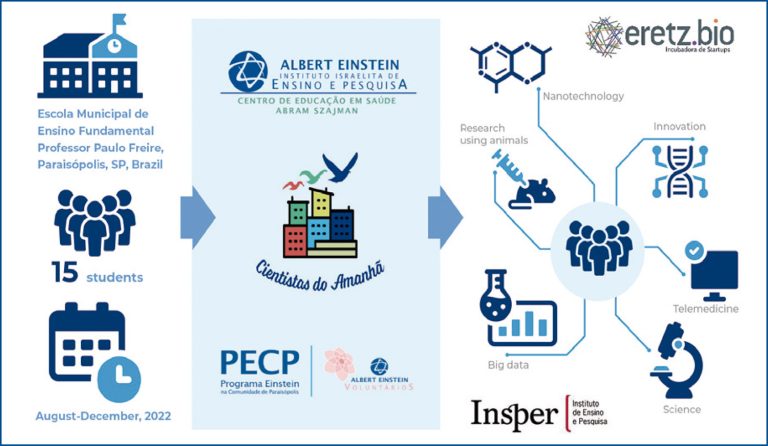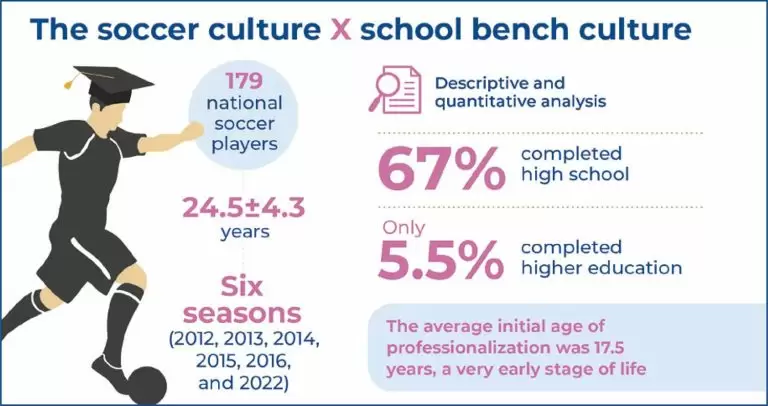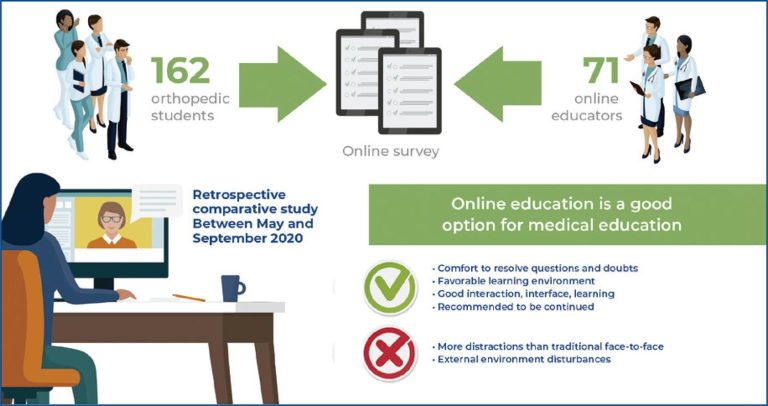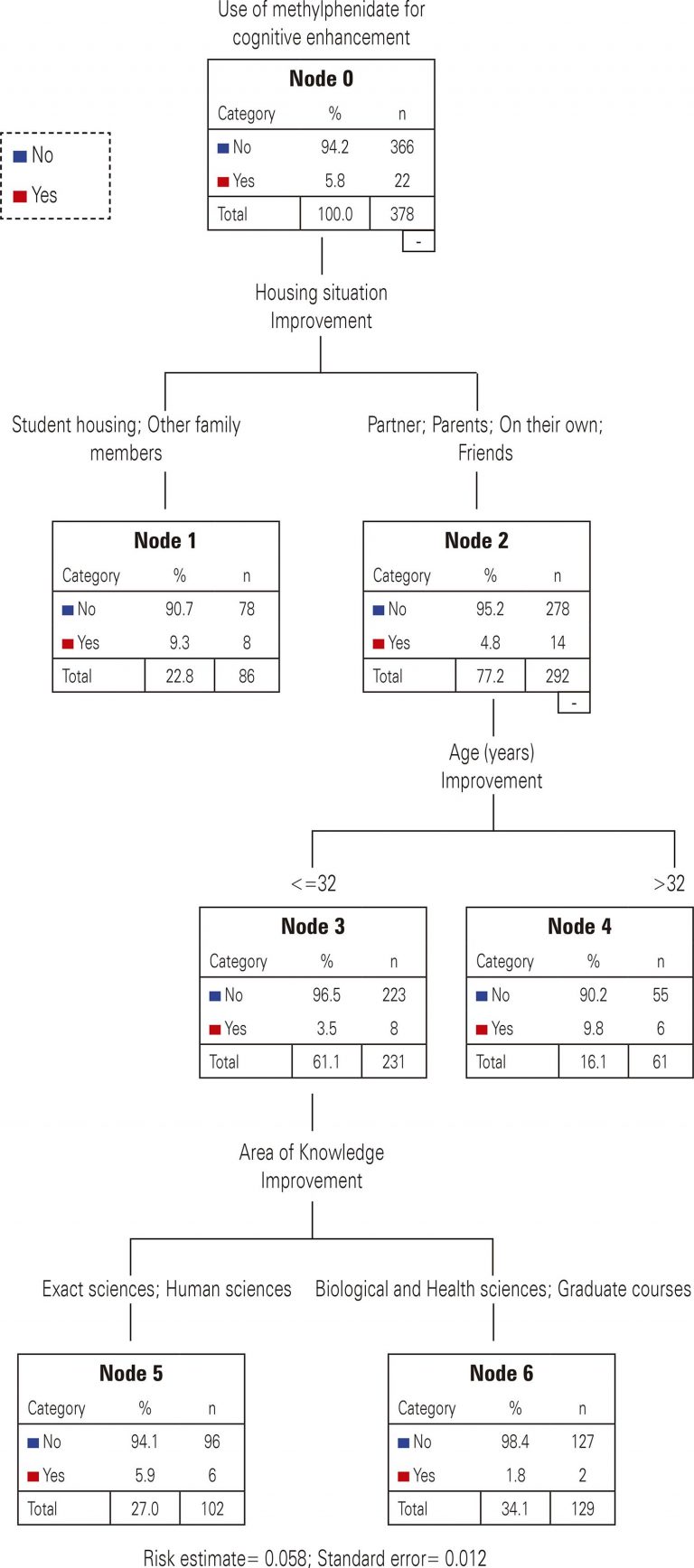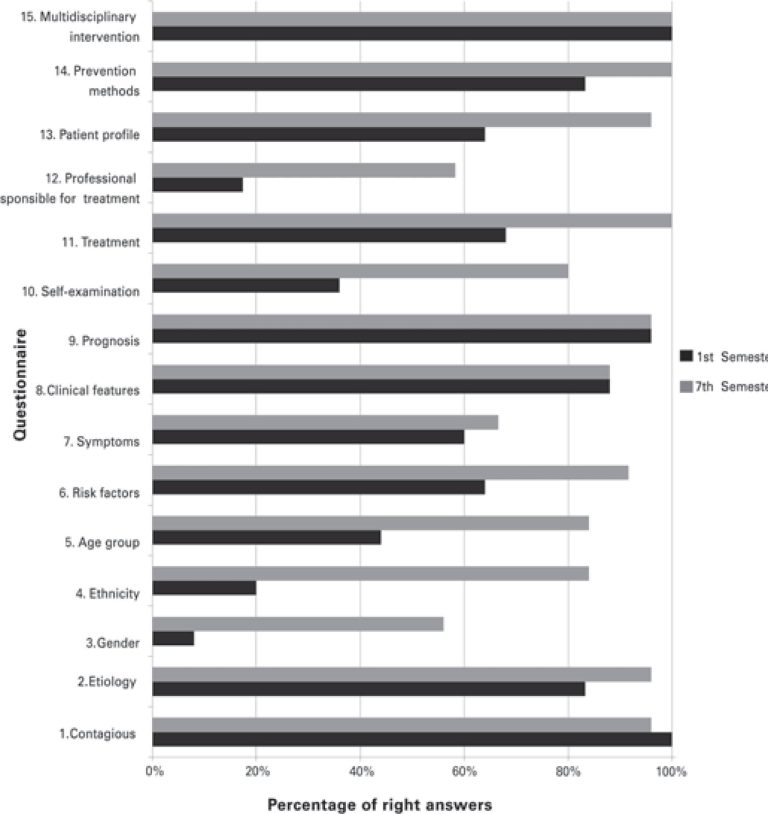11/Jul/2025
Second Edition of the Scientists of Tomorrow/Cientistas do Amanhã Project: advancing scientific thinking, methodology, and equitable education
einstein (São Paulo). 11/Jul/2025;23:eAE1513.
View Article11/Jul/2025
Second Edition of the Scientists of Tomorrow/Cientistas do Amanhã Project: advancing scientific thinking, methodology, and equitable education
DOI: 10.31744/einstein_journal/2025AE1513
Highlights ■ Ensuring quality education, providing vocational training, and promoting communication technology, technical, and scientific programs are goals set by the United Nations to enhance learning opportunities for all. ■ Critical thinking, fostered through theoretical and practical activities, is essential for building relevant skills, including literacy and numeracy. ■ The Scientists of Tomorrow/Cientistas do Amanhã project is a reproducible initiative that can be implemented in other research centers and schools. ABSTRACT The Scientists of Tomorrow project is a partnership between […]
Keywords: Brazil; Delivery of health care; Educational personnel; Elementary school; Quality education; Schools; Science; Scientific methodology; Soft skills; Students
18/Nov/2024
Adverse events and safety concerns among university students who misused stimulants to increase academic performance
einstein (São Paulo). 18/Nov/2024;22:eAO0895.
View Article18/Nov/2024
Adverse events and safety concerns among university students who misused stimulants to increase academic performance
DOI: 10.31744/einstein_journal/2024AO0895
Highlights Psychostimulant use in the studied population revealed the following: ■ Lack of a valid diagnosis, unsupervised use, drug interactions, and adverse effects. ■ Concomitant use of alcohol and drugs and contraindications such as depression/anxiety. ■ Acquisition without prescription and use to improve academic performance. ABSTRACT Objective: To evaluate psychostimulant drug use among academics in the health area of a higher education institution in Minas Gerais, Brazil. Methods: We conducted an online cross-sectional study of 389 university students from various […]
Keywords: Academic performance; Central nervous system stimulants; Drug interactions; Health sciences; Illicit drugs; Learning; Performance-enhancing substances; Prescription drugs; Students; Universities
19/Dec/2023
Scientists of Tomorrow/ Cientistas do Amanhã : a project to inspire, stimulate scientific thinking, and introduce scientific methodology for young students
einstein (São Paulo). 19/Dec/2023;21:eAE0622.
View Article19/Dec/2023
Scientists of Tomorrow/ Cientistas do Amanhã : a project to inspire, stimulate scientific thinking, and introduce scientific methodology for young students
DOI: 10.31744/einstein_journal/2023AE0622
Highlights Every research endeavor commences with a fundamental question. Sharing of findings by researchers and students contributes toward the expansion of knowledge. Teaching scientific methodology is a pivotal step in nurturing critical thinking skills. Science permeates our daily lives and plays a crucial role in addressing societal issues. ABSTRACT The Scientists of Tomorrow/Cientistas do Amanhã project is an immersive science training program developed by the Program of Post-Graduation in Health Sciences at Hospital Israelita Albert Einstein. This program was conducted […]
Keywords: Education; Researcher exchange; Science; Students
11/Oct/2023
Contemporary reflection on the educational levels of high-performance soccer players in Brazil
DOI: 10.31744/einstein_journal/2023AO0269
Highlights Only 5.5% of Brazilian soccer players surveyed completed higher education. Of these 179 athletes, 67% completed high school. T۪۪he most educated were goalkeepers and defenders at 37% (66/179). Physical education for sports is different from educating the mind in terms of brain plasticity. ABSTRACT Objective: As the soccer culture in Brazil is more popular than schooling, this study reflected on the formal education levels of soccer (football) players through descriptive and quantitative analyses. Methods: We evaluated 179 national soccer […]
Keywords: Athletes; Athletic performance; Educational measurement; Higher education policy; Self-directed learning as topic; Soccer; Students; Surveys and questionnaires
25/Jul/2023
Changes in the methodology of medical teaching due to the COVID-19 pandemic
DOI: 10.31744/einstein_journal/2023AO0101
Highlights Teaching method preferences of medical students 162 and teachers 71 were evaluated. Both groups showed high satisfaction and a sense of learning in virtual classes. The virtual method resulted in worse retention of attention. The virtual method also showed higher interference from the external environment. ABSTRACT Objective To evaluate the perceptions of students and teachers regarding remote teaching modality in comparison with the traditional face-to-face method. Methods In this observational, retrospective, comparative, single-center study, questionnaires containing three major […]
Keywords: COVID-19; Education, distance; Education, medical; Learning; Motivation; Pandemics; School teachers; Students; Surveys and questionnaires; Teaching
18/Oct/2019
Prevalence of and factors associated with the use of methylphenidate for cognitive enhancement among university students
DOI: 10.31744/einstein_journal/2020AO4745
ABSTRACT Objective To estimate the prevalence of and factors associated with the use of methylphenidate for cognitive enhancement among undergraduate students. Methods Simple random sample of students of the Universidade Federal de Minas Gerais (n=438), invited to answer an online questionnaire about the use of methylphenidate. Data collection occurred from September 2014 to January 2015. The sample was described by means of proportions, means and standard deviations. A multivariate analysis was performed using the Classification and Regression Tree algorithm to […]
Keywords: Central nervous system stimulants; Cognition/drug effects; Methylphenidate; Off-label use; Prevalence; Students
20/Aug/2019
Dissatisfaction about body image and associated factors: a study of young undergraduate students
DOI: 10.31744/einstein_journal/2019AO4642
ABSTRACT Objective: To verify the prevalence of dissatisfaction with body image and its association with socio-demographic, economic, and anthropometric variables, as well as levels of physical activity among undergraduate students. Methods: A cross-sectional study was conducted with 348 undergraduate students at the dining hall of a public Brazilian university located in the state of Mato Grosso do Sul. Body image perception was evaluated using the Silhouette Matching Task. The other variables assessed were sex, age, marital status, housing conditions, socioeconomic […]
Keywords: Body image; Body weight; Nutritional status; Self concept; Students
01/Jul/2016
Comparative study of knowledge about oral cancer among undergraduate dental students
DOI: 10.1590/S1679-45082016AO3729
ABSTRACT Objective: To evaluate and compare the knowledge of dental undergraduate students about oral cancer. Methods: The students were divided into two groups according to semester attended in the undergraduate course: Group A, the first semester; and Group B, seventh semester. They were asked to answer a questionnaire about epidemiology, risk factors, clinical aspects, therapeutic solutions and oral self-examination. For statistical analysis, the Fisher’s exact test, the Cochran’s G test and Kendall’s concordance test were used, with significance level set […]
Keywords: Alcoholism; dental; Mouth neoplasms; Smoking; Students; Surveys and questionnaires
11/Dec/2015
Obstetric complications and mother’s age at delivery are predictors of eating disorder symptoms among Health Science college students
einstein (São Paulo). 11/Dec/2015;13(4):525-9.
View Article11/Dec/2015
Obstetric complications and mother’s age at delivery are predictors of eating disorder symptoms among Health Science college students
DOI: 10.1590/S1679-45082015AO3366
ABSTRACT Objective To identify the association between perinatal/neonatal factors and symptoms of eating disorders among college students. Methods Four hundred and eight college students (283 women), aged 18 to 23 years old, enrolled in the first semester of a Bachelor of Health Science degree program were included in the sample. Eating disorder symptoms and body image dissatisfaction were assessed with the Eating Attitudes Test and Bulimic Investigatory Test of Edinburgh. Information regarding birth weight, breastfeeding, obstetric complications, mother’s age at […]
Keywords: Anorexia nervosa; Bulimia nervosa; Eating disorders; Pregnancy complications; Students
01/Jan/2014
Stages of changes for fruit and vegetable intake and their relation to the nutritional status of undergraduate students
DOI: 10.1590/S1679-45082014AO2926
Objective : To assess the nutritional and dietetic profile of freshman Nutrition undergraduate students, and its association with stages of changes (Transtheoretical Model) for fruit and vegetable intake. Methods : Demographic (age and gender), anthropometric (body mass index and waist circumference) and nutritional (pattern of fruit and vegetable intake) data were obtained. The Transtheoretical Model was used to identify the stages of change for fruit and vegetable intake. Food consumption was assessed with a questionnaire developed by the Ministry of […]
Keywords: Feeding behavior; Food habits; Fruit; Students; Vegetables


